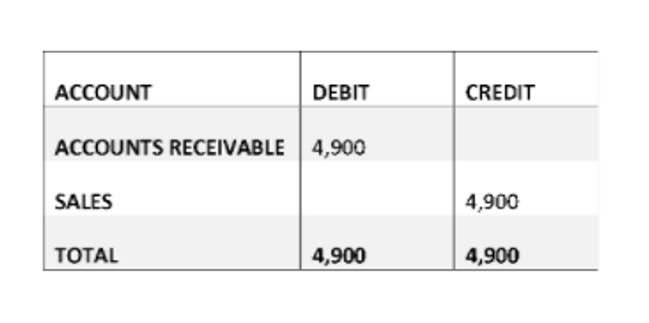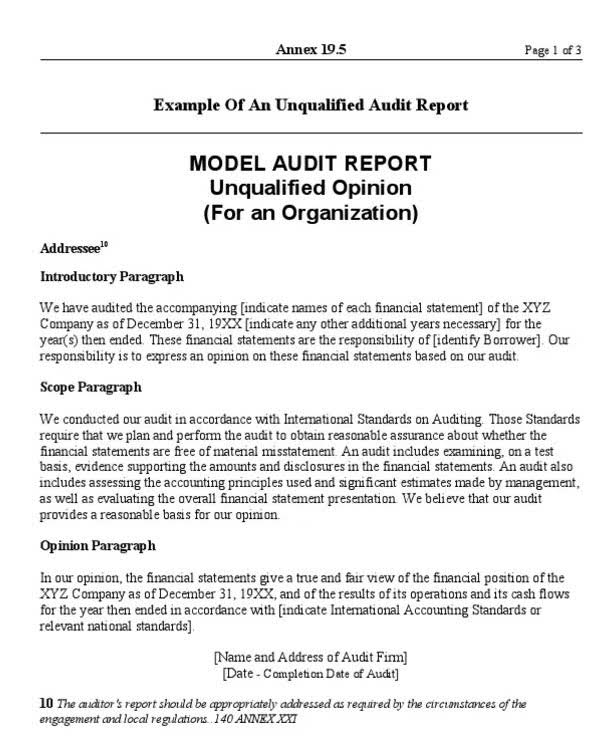
Both positions oversee day-to-day operations, but comptrollers sometimes assume the strategic decision-making authority of a CFO. Instead of bringing on a CFO, an organization will elevate a controller to the position of chief financial controller. This adds another layer of management and responsibility without the added expense of a CFO. Comptrollers oversee the financial operations of non-profit and governmental organizations. Since their duties overlap considerably, the controller and comptroller are sometimes used interchangeably. unearned revenue There are many common similarities in the roles of CFO, financial director, and CFO.
Is CAO higher than CFO?
The CFO typically holds broader decision-making power, shaping the overall financial strategy and direction of the company. Think big-picture decisions like investments, fundraising, and mergers and acquisitions. The CAO, on the other hand, focuses on the accuracy and efficiency of day-to-day accounting operations.
What does a chief accountant do?
In addition to providing the business with its forward momentum, they also advise key stakeholders on critical company decisions. Oftentimes, a good CFO will take the lead in finding creative ways to fund key business operations. In the end, it’s up to each organization to decide how they want their finance departments to be set up based on their operational needs and the resources they have. Regardless of the decision taken, it is important that each role be given its due recognition and adequate authority so that it can fulfill its designated tasks effectively and efficiently. Still, there is a difference between accounting and finance in how they make decisions and how much power they have.
- Financial controllers are responsible for maintaining the company’s books and records, among other things.
- The Controller, while wielding formidable technical expertise, focuses primarily on meticulous execution and operational excellence within the established frameworks.
- This includes developing and maintaining accounting policies and procedures to ensure accuracy and compliance.
- In order to identify potential problems before they arise, the financial officer should be aware of what the accounting officers are doing.
- If there is a CFO, the controller reports to them in addition to managing payroll processing, financial reporting, and assisting in building operational budgets.
Controller vs. Chief Accounting Officer: Which Management Position Suits You Best – Conclusion
- A CAO may be found preparing an ESG report one week, assisting the CFO on budgeting the next week, and planning for an IPO the next.
- This includes the maintenance of financial records and compliance with relevant regulations.
- Controllers typically hold a bachelor’s degree in accounting or finance, and many have advanced training, such as an MBA or Certified Public Accountant (CPA) designation.
- Accounting officers are mostly in charge of managing accounts on a day-to-day basis.
- Their value goes beyond running the company’s books; their ability to think long-term and develop creative solutions to financial challenges sets them apart.
Depending on your company’s financial size, specific needs, and future plans, you may need to hire a full-time CFO, a controller, or both. It is important to note the legal considerations that are present when deciding between an accounting officer and a financial officer. One significant issue to address is the authority of the financial officer, which can be a source of contention when their roles overlap. For example, an accounting officer may try to exercise some control over certain financial matters that fall under the jurisdiction of the financial officer. On the other hand, a financial officer may try to force his or her own decisions in areas where the accounting officer should make the call. In the realm of strategic influence, the CAO emerges as a venerated strategist, wielding the power to shape financial policies that resonate beyond the ledger’s confines.
- Both roles are essential—just like yin and yang, they balance each other to create financial stability and growth.
- At the same time, a Controller primarily focuses on the day-to-day management of the company’s accounting operations.
- A strong Controller ensures compliance and accuracy, while a visionary CFO unlocks growth and opportunity.
- Finance Directors are the people who provide the CFO with the most accurate information that allows them to plan the company’s growth.
- The career outlook for controllers and chief accounting officers (CAOs) is generally positive, with a strong demand for professionals with these skills in the finance and accounting industry.
- Nick is a freelance writer with an MPA in public finance from the O’Neill School at Indiana University.
This includes finding the flow of funds through investors and managing them in order to make a profit in the future. Finance director is often called the CFO’s primary accountant, which means they provide any financial information to help the CFO make decisions. Finance directors work to make sure that the finances of an organization are strong. They also assist their subordinates to be more productive to help the company grow.
The Future of Finance: Adapting to Change
The controller has leadership responsibility for managing the accounting staff, but the CFO and CAO ultimately set the tone as copilots of the finance department. Controllers spend a sizable portion of their time gathering data to report on current and past results—everything from cost-volume-profit analysis to balancing the books. The controller’s main focus is the daily management of the company’s financial records and accounting. CAOs, on the other hand, simultaneously keep an eye on the past, present, and future. Like the controller, CAOs need to know the numbers inside and out, but CAOs are watching out for potential threats and opportunities that will impact the business.

A financial controller needs a deep understanding of accounting principles, financial reporting, and internal controls. Experience in managing a finance team and ensuring compliance with financial regulations is also essential. Both career paths require continuous learning and professional development to stay current with industry standards and best practices. Both have distinct roles, and understanding their differences can help navigate the complexities within financial professionals. A CFO is a senior executive responsible for overseeing the entire organization’s financial activities and business growth.

Do We Need a Controller If We Have an Accountant or Bookkeeper?
This includes reviewing the finances of each department, analyzing budgets, etc., to determine the current needs of a company. Expert guide to accounting reserve account management & fund allocation strategies for businesses, optimizing financial efficiency & growth. In contrast, controllers are day-to-day focused, handling the immediate needs of the organization. In the symphony of corporate governance, the convergence of these roles orchestrates Financial Forecasting For Startups a melodic synergy.

How Is a CFO Connected to the Comptroller or Controller?

Their reporting responsibilities include analyzing company statements, running monthly balance sheets, analyzing profit/loss statements, determining loan rates, establishing credit facilities chief accounting officer vs controller etc. Finance directors work hard to build a strong foundation based on what a company can do to ensure that its financial operations are sound. Controllers handles the preparation of various reports, including accounting financial report, income statements, balance sheets, forecasts, etc.
